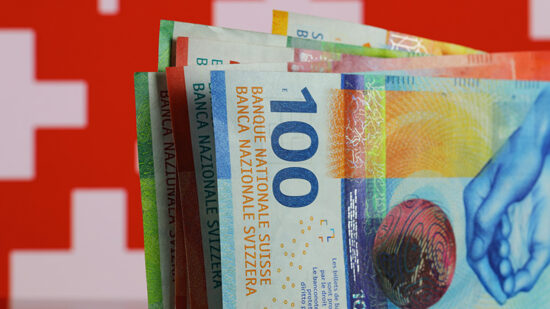The Edinburgh Investment Trust has outperformed its benchmark on a net asset value (NAV) basis during the six months to the end of September, according to the trust’s second set of results since Majedie became portfolio manager after Mark Barnett was let go.
The trust delivered a 9.8% NAV total return during the period compared with the FTSE All Share index’s 8%. But on a share price basis, it underperformed the index, with a 4.4% return.
It said the share price return was lower than the NAV because the trust’s discount widened from 4.5% to 9.3% during the reporting period.
Majedie’s James de Uphaugh (pictured) took over portfolio management duties on the trust at the end of March 2020, replacing Barnett after the board sacked him following more than three years of underperformance.
Since de Uphaugh assumed control, the NAV has risen by 48% compared with the FTSE All Share’s 36.8%. On a longer term view, before de Uphaugh’s tenure, the trust had failed to beat the benchmark. Over three and five years, it delivered 2.8% and 13.8% on a total return NAV basis, respectively, compared with the FTSE All Share’s 9.5% and 29.8%, according to Refinitiv.
One of the best moments for UK in de Uphaugh’s career
Writing in the latest update, de Uphaugh said the team thinks now is “one of the best periods for investing in this market that we have witnessed in our careers (which stretch back to the mid-1980s)”.
He added: “The return of the ‘marginal buyer’, which is shorthand for buyers willing to compete for UK assets, is a notable positive. This has been most obvious in the tug of war battles among private equity firms for British businesses – as Morrisons has illustrated.
“UK-listed companies have started to return capital via dividends with renewed vigour. A flurry of buyback announcements are further evidence of the market’s mispricing, in our view. They also speak to the balance sheet strength of many incumbents, including the banks, resources companies and staples businesses like Unilever and Diageo, as well as lockdown winners like Domino’s Pizza. Tesco’s recently announced £500m buyback programme is a further example.”
Portfolio winners and losers
De Uphaugh said in the six months to the end of September, most of the outperformance came from stock selection. The biggest positive contributor to performance was Wm Morrison Supermarkets, with its shares rising 66% over the period as the board agreed to sell to a US private equity buyer.
In addition, portfolio stocks that outperformed during the period included equipment hire business Ashtead, the portfolio’s second largest holding at 4.7%, convenience food chain Greggs (2%), Natwest (3.7%) and supermarket chain Tesco (4.2%)
Detractors from relative performance included engineering business Weir (3.1% of the portfolio), which de Uphaugh said gave back some ground after a strong run over the previous 12 months, and US-listed gold mining group Newmont (1.7%), reflecting the modest weakness in the gold price and cost increases.
During the period, de Uphaugh added to the portfolio’s holding in data provider Ascential which now represents 2.9% of the portfolio.
“In July [Ascential] acquired a complementary business, ASR, issuing new shares to help fund the purchase. We support the management’s digital strategy and added to the position through buying some of the newly issued shares.”
It also initiated a position in hospitality business Whitbread as a play on recovering consumer discretionary spending. “In our view the shares are modestly valued for a vertically integrated business with freehold asset backing,” de Uphaugh said.







